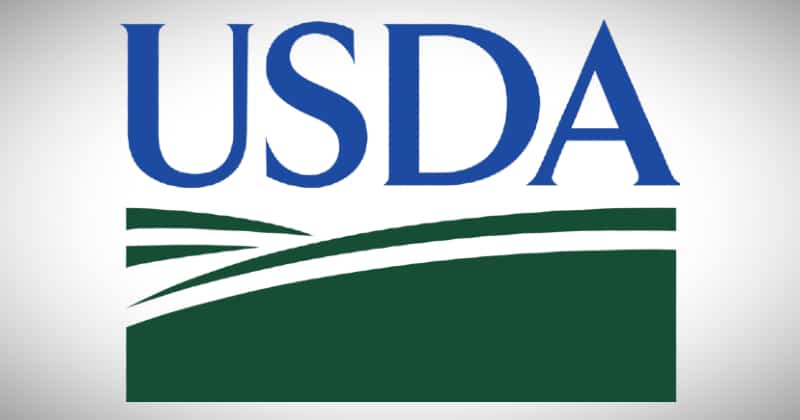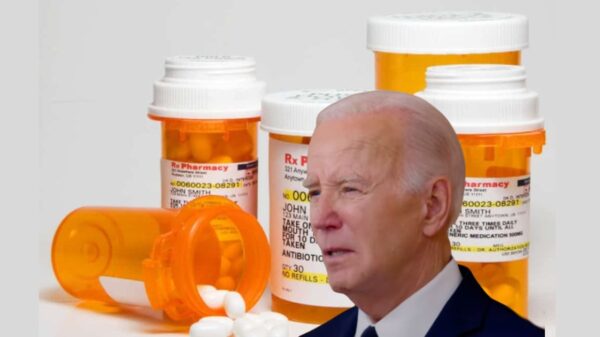Last week, U.S. Department of Agriculture (USDA) Sec. Tom Vilsack announced that more than $35 million in federal funds is headed to Florida.
The funds are part of $770 million from the USDA going to 36 states and Puerto Rico.
“The economic success of rural America has long been the bedrock of our Nation’s economy as a whole,” Vilsack said. “Under the leadership of President Biden and Vice President Harris, USDA is prioritizing investment in jobs, businesses, and entrepreneurial opportunities in rural America. The investments we’re announcing today demonstrate how USDA remains committed to helping people in rural America create new and better market opportunities for our country.”
“The funding will help a diverse rural America keep resources and wealth right at home through job training, business expansion and technical assistance. It will help companies hire more workers and reach new customers. It will open the door to new economic opportunities for communities and people who historically have lacked access to critical resources and financing. It will also help entrepreneurs and business cooperatives create jobs, grow businesses, and find new and better markets for the items they produce,” the USDA noted.
With the support of U.S. Sens. Marco Rubio, R-Fla., and Rick Scott, R-Fla., and U.S. Rep. Neal Dunn, R-Fla., the USDA is sending $4.3 million to MP Florida Hospitality.
“This Rural Development investment will be used to provide additional funding to an existing loan. The project will be used to acquire a 60-room Hampton Inn hotel in Perry, Florida. This project will help create and save 17 jobs for the community,” the USDA noted.
Rubio, Scott and Dunn also backed $17 million to Oasis Lake City LLC.
‘This Rural Development investment will be used to provide a loan guarantee to finance the construction of a 136-room Courtyard by Marriott Hotel on 2.66 acres in Lake City, Florida. Construction is scheduled to be completed by 2023- 2024. This hotel will cater to transient and tourist/leisure clientele since it is near two major interstate highways,” the USDA noted.
Rubio, Scott, and U.S. Rep. Greg Steube, R-Fla., backed $3.25 million the USDA approved for Bowling Hospitality LLC.
“This Rural Development investment will be used to provide alternate financing for a 48-room Best Western Heritage hotel located on 5.16 acres in Bowling Green, Florida. This project will help save 12 jobs and create 2 jobs for the community,” the USDA explained.
The senators and U.S. Rep. Bill Posey, R-Fla., supported $4.9 million for the Indian River Sustainability Center.
“This Rural Development investment will be used to provide alternative financing to Indian River Sustainability Center LLC. The business has been formed to own and operate the leachate evaporator, which will be purchased and assembled using loan proceeds. Once the system is installed and commissioned for operations, the borrower will commence performance under a 20-year contract with Indian River County. By transitioning from sewage treatment plants to the leachate evaporator, the Indian River County Solid Waste Disposal District will eliminate the need for off-site transportation and disposal, along with the associated regulatory headwinds, ever-increasing costs, environmental liability and public scrutiny that comes with offsite treatment. The subject leachate evaporate will enable the County to have greater cost certainty with respect to wastewater management on an ongoing basis,” the USDA noted.
The senators and U.S. Rep. Gus Bilirakis, R-Fla., backed the USDA sending $6.4 million to Atlas Organics CU08 LLC.
“This Rural Development investment will be used to provide funding to acquire a merchant compost facility that services commercial customers, Bay Mulch Inc. This facility is a source-separated organic material processing facility registered with the Florida Department of Environmental Protection that also operates an affiliated land clearing operation. Bay Mulch Inc. is located at two Florida sites: San Antonio and Plant City which will both be acquired by Atlas Organics,” the USDA noted.



















